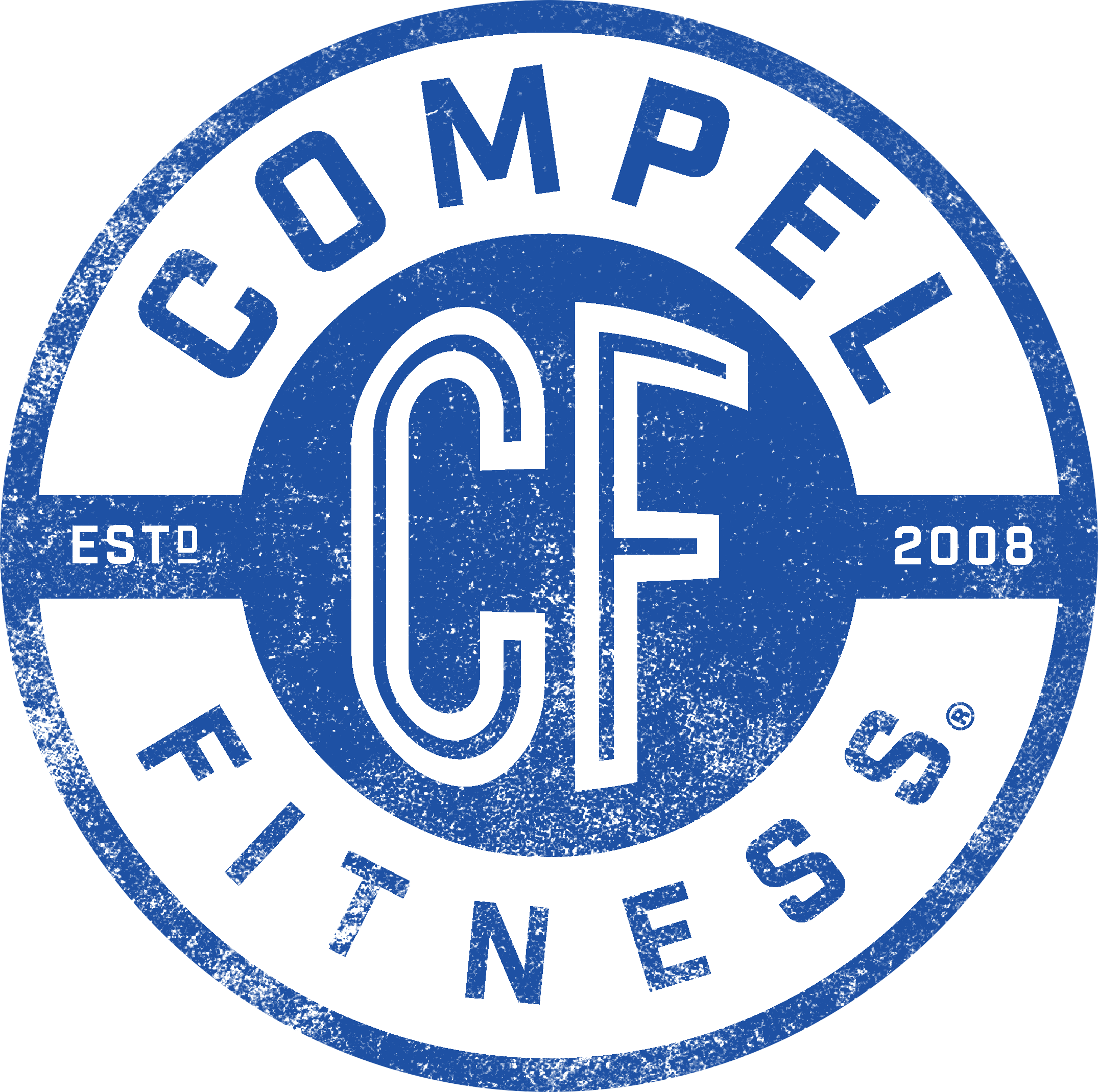Clean Eating Simplified
Our bodies need fuel in the form of protein, carbohydrates and good fats in order to perform properly. Much like a vehicle, the cleaner the fuel, the better our performance. Balancing clean eating with important nutrients is an essential part of a training program. After all, you know what they say…you can’t out exercise a bad diet.
Clean eating is simply enjoying real food. When you surround yourself with real food you're more likely to receive the vital nutrients and less likely to have to count calories. Clean eating and obtaining those nutrients is critical to maximizing your fitness results.
When you eat whole grains, vegetables, fruits and beans you get a healthy dose of carbohydrates to fuel your muscles. However, just like anything else in life, there is such a thing as too much. If you eat too many carbs and they aren’t immediately needed for energy, your body stores them as fat to be used as energy later.
When you are trying to decrease body fat, timing your carbohydrate intake becomes very important. It’s best to include carbs immediately before or right after a workout, giving you a boost of energy for your training sessions and helping you recover faster afterwards.
Protein is the next major macronutrient and is known as the building block of life. Protein helps repair cells and create new ones. Meat, seafood or plant-based proteins such as tofu or tempeh, provide a complete protein that builds muscle. Muscles help your body absorb glucose from your blood which helps protect you against diabetes.
If you’re trying to build lean muscle, you need to make sure that you are taking in an adequate amount of protein. Most people fall short of their recommended totals at the end of the day. A helpful technique is to include some protein with every meal. Try adding in protein rich snacks in between meals, such as a handful of almonds, Greek yogurt, or a protein shake.
Fat sounds like a bad word in a healthy lifestyle, but your body needs fats to help absorb the fat soluble vitamins, like Vitamins A, D, E and K. Fat also serves as an insulator and keeps your body warm. Trans-fats are the kind of fats that should be avoided. You should look for your healthy fats in avocados, nuts, wild-caught sustainable fish, olive and coconut oils and free-range animal products like butter, cheese and yogurt.
Changing your relationship with food gives you control over what you put in your body and simply eating more real foods helps maximize performance while keeping cancer, diabetes and heart disease at bay. It's a win-win!
Tom Daubert
ACSM CEP
Compel Fitness

